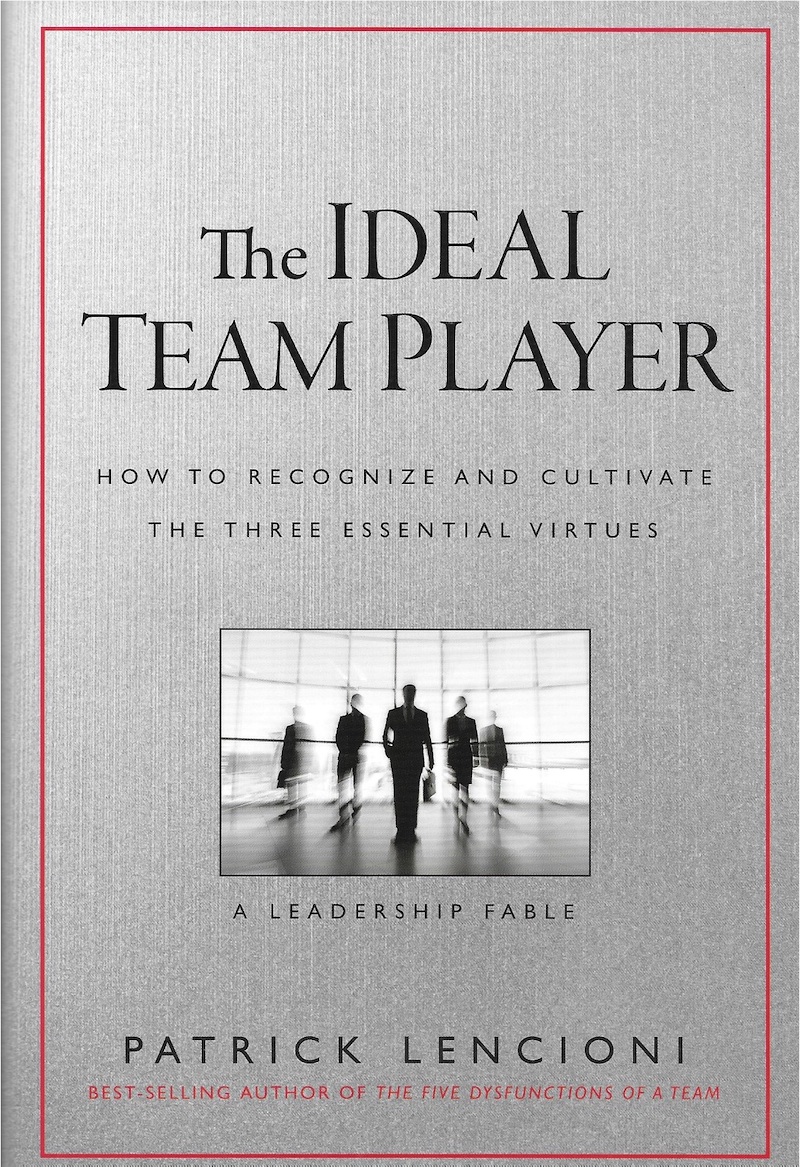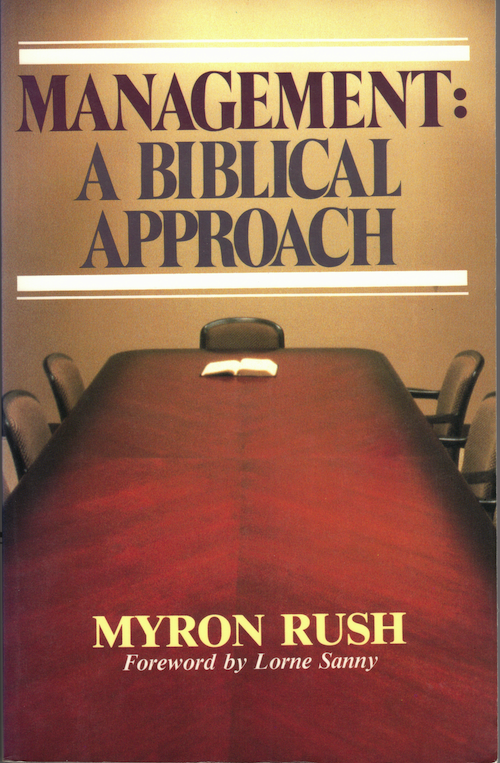Book Brief: The Ideal Team Player
The Ideal Team Player by Patrick Lencioni introduces an incredibly valuable model that will help leaders build better teams and help individuals become better teammates.
In short, the author has identified three “virtues” that every team player has. The first virtue is that a team player is humble — meaning that he treats everyone with the same high level of respect. The second is that he is hungry — meaning that he is passionate about the success of the organization and willing to put in the effort to help achieve that success. The third is that he is smart — not referencing “book smarts” but rather people smarts — meaning he is sensitive to the impact his words, attitudes, and actions have on others.
I strongly recommend this book. However, if you aren’t a fan of leadership fables, you might think about skipping straight to page 162.
Book Brief: The Ideal Team Player Read More »




